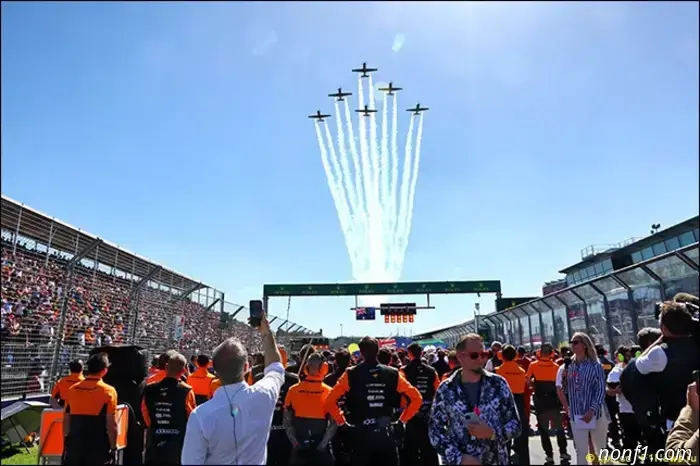
Australian Grand Prix: Stage Preview
The news stream continued unabated, fueled by comments about the transitions that had taken place. The main characters of Formula 1 have always been not cars, but drivers, and now that the cars have remained the same, and changes in the composition, unlike last season, have occurred in almost all teams, the experts had something to discuss.
It is a pity that at the general presentation of the cars in London, for which they had been preparing for a long time and waiting for a lot, the racers were hardly mentioned – they looked like extras against the background of cars in the spotlight. And it would be fine if these were actual cars, but no – just coloring pages.
Ten years have passed since Liberty Media owns Formula 1, and although direct leadership is increasingly being carried out by Europeans, the choice of priorities remains with the Americans, and for them the global component is more important than the role of the driver.
The age-old debate about who could achieve what in another team, or who would be faster behind the wheel of identical cars, will become a key topic of the upcoming season. In 2026, the cars will change along with the regulations, but now they are as close as possible in terms of speed and reliability, so the speed, skill and stability of the riders will play a crucial role.
The favorite is not obvious, over the course of a long season, the advantage will shift from team to team, from driver to driver. If only the FIA and the Formula 1 management hadn't ruined everything with their amendments. And you should not demand that Samson tear the lion's mouth apart with all the proprieties of oral speech.
It should be written in the rules that the season should always start in Australia. There is something solemn about the race starting at dawn. It's already afternoon and autumn in Melbourne, but it's only the beginning of spring here. The day is getting faster, it's getting earlier, it's getting more fun, and the first race in the early hours of Sunday morning emotionally coincides with the birth of the season. When the season starts in Bahrain, there is no such feeling – as if the tests are just continuing.
As soon as you're born, the season will get stronger quickly this year. Thanks to the efforts of the compilers of the Formula 1 calendar, an eventful start awaits – five stages in six weeks, including one with a Saturday sprint. Two races in a row – Australia and China with a sprint, then a free week – and three races in a row at once – bright Suzuki, calm Bahrain and crazy Jeddah. This series will end in May, when Formula 1 will need to move to Miami.
The European part of this year's season will begin on May 18 with a series of three Grands Prix in a row – in Imola, Monaco and Barcelona. Only in summer will the schedule return to the traditional and convenient form of one race every two weeks, which is right – the holiday season will reduce the audience, and the main events will shift to autumn. But that's still a long way off.
The last time the Formula 1 season started in Melbourne was five years ago, in 2020. The teams successfully conducted winter tests, and everyone discussed the balance of power and the new coronavirus disease, which caused the postponement of the Chinese Grand Prix in mid–February. But in Australia, residents and tourists were urged not to panic – the virus will come one day anyway, and life goes on.
Before the stage, everyone in Formula 1 passed the Covid-19 test. Then the result became known only on the fifth day. If one of the riders had fallen ill, they would have found out about it after the finish line and the race would have taken place. But on Thursday, it turned out that one of the McLaren employees who passed the test earlier fell ill, which caused a real panic in the paddock and among the local authorities. There was no trace of yesterday's optimism.
On Thursday evening, McLaren Racing announced its refusal to participate in the Australian Grand Prix. The leaders of the championship and the teams called an emergency meeting. Most of the teams were ready to race once they arrived, including Mercedes, but the German headquarters did not support this idea - and under pressure from the board of directors, Toto Wolff had to withdraw his consent, including the use of engines without which it is impossible to race.
On Friday morning, Chase Carey, the head of Formula 1 management, and local promoter Andrew Westacott announced that the stage had been canceled. Fans will be able to get their money at the box office, and the teams must return home.
A few days later, Formula 1 literally stopped. The epidemic was developing rapidly, disrupting the usual way of life and collecting victims…
Five years have passed since then, a lot has changed, the coronavirus has receded, McLaren has won the Constructors' Cup, and the season begins again in Melbourne.
Happy start of the season, friends!


Other articles
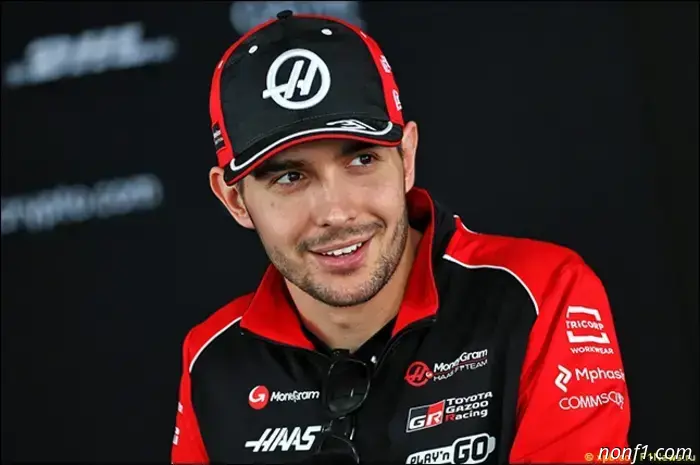 Esteban Ocon: A lot will become clear on Friday
The Melbourne stage is Esteban Ocon's first as part of Haas F1. The Frenchman is pleased with the test results and looks forward to Friday's training sessions with moderate optimism.…
Esteban Ocon: A lot will become clear on Friday
The Melbourne stage is Esteban Ocon's first as part of Haas F1. The Frenchman is pleased with the test results and looks forward to Friday's training sessions with moderate optimism.…
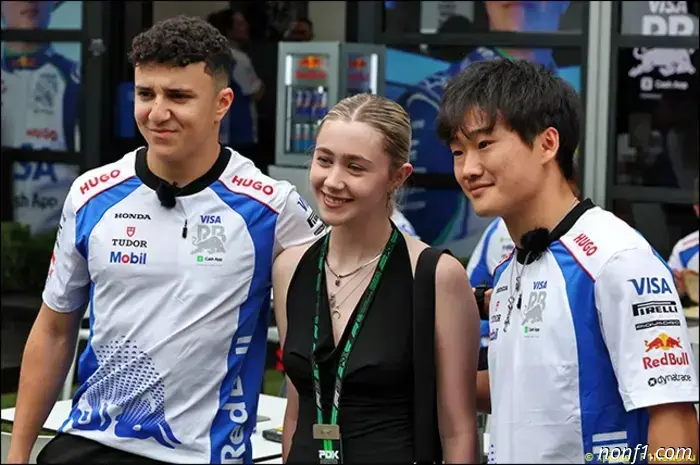 Tsunoda: My future depends on the results
Yuki Tsunoda is not entirely satisfied with the current situation, but he is ready to help the team...
Tsunoda: My future depends on the results
Yuki Tsunoda is not entirely satisfied with the current situation, but he is ready to help the team...
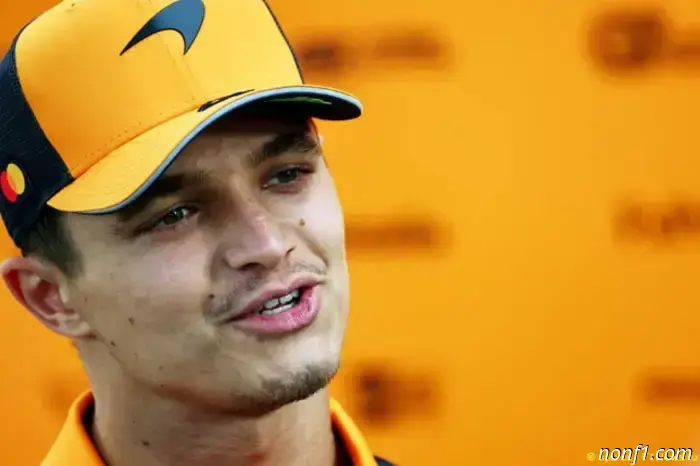 Norris: You'll be surprised how fast the Ferraris turn out to be.
The McLaren team arrived at the first stage of the season in Melbourne as favorites, but Lando Norris suggests not jumping to conclusions. The British driver is confident that the four leading teams are at about the same level, and this weekend everyone can be surprised by the Ferrari drivers.
Norris: You'll be surprised how fast the Ferraris turn out to be.
The McLaren team arrived at the first stage of the season in Melbourne as favorites, but Lando Norris suggests not jumping to conclusions. The British driver is confident that the four leading teams are at about the same level, and this weekend everyone can be surprised by the Ferrari drivers.
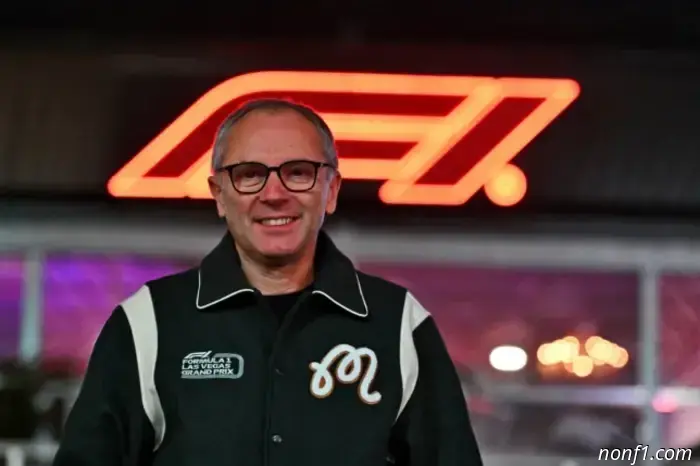 Liberty Media extended the contract with Domenicali until 2029.
On the eve of the new season, Liberty Media extended the contract with Stefano Domenicali until 2029 inclusive...
Liberty Media extended the contract with Domenicali until 2029.
On the eve of the new season, Liberty Media extended the contract with Stefano Domenicali until 2029 inclusive...
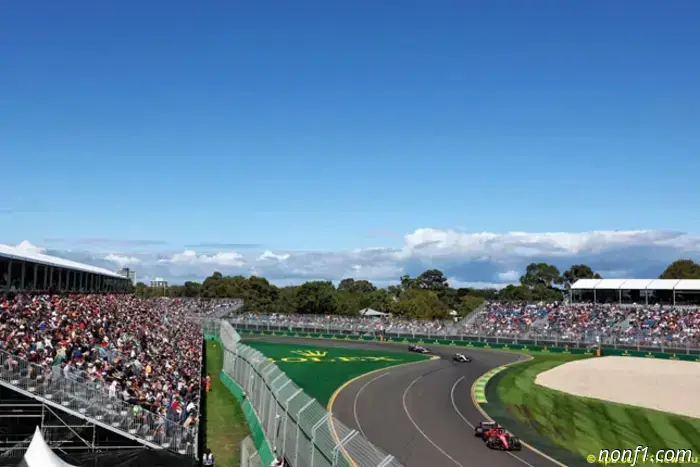 Australian Grand Prix: Weather forecast for the weekend
It's early autumn in Australia, but the first race weekend of the season will take place with changeable summer weather and possible thunderstorms.
Australian Grand Prix: Weather forecast for the weekend
It's early autumn in Australia, but the first race weekend of the season will take place with changeable summer weather and possible thunderstorms.
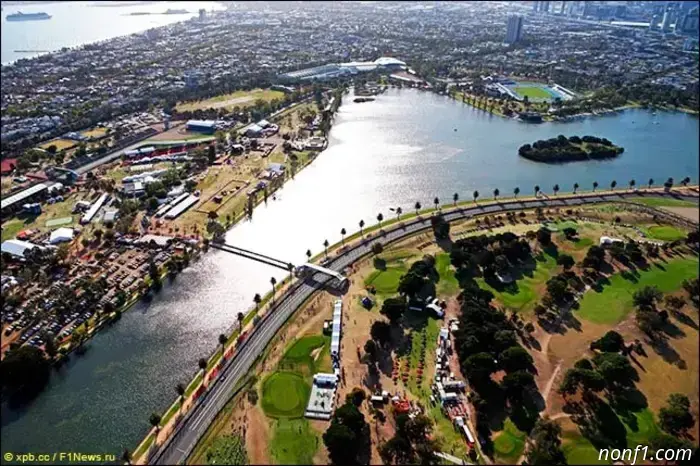 Australian Grand Prix: Track and statistics
The highway has a temporary status and is laid along the paths of Albert Park in the business center of the city...
Australian Grand Prix: Track and statistics
The highway has a temporary status and is laid along the paths of Albert Park in the business center of the city...
Australian Grand Prix: Stage Preview
The offseason flew by quickly!
